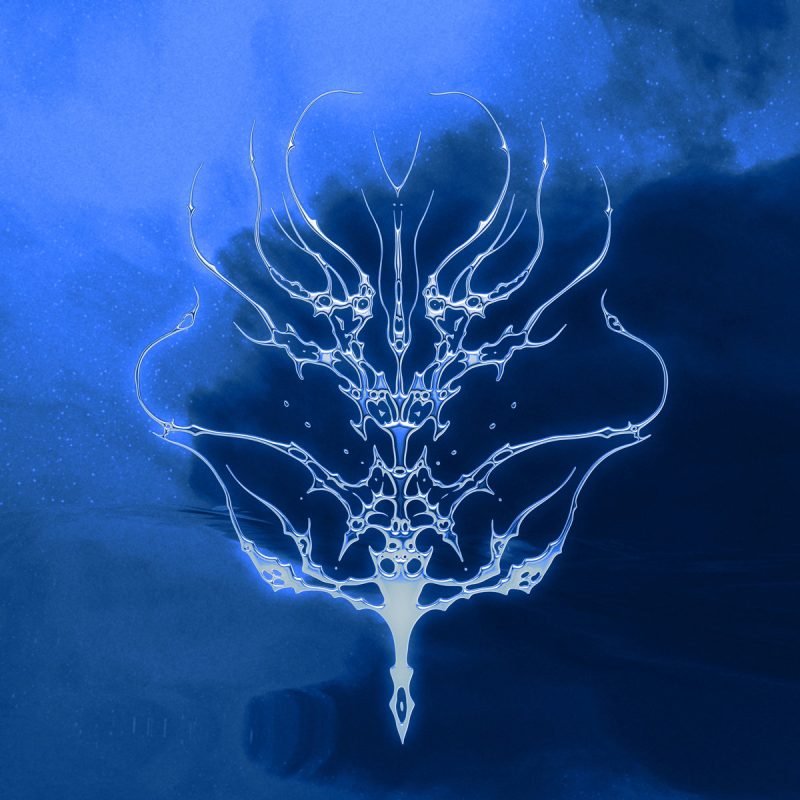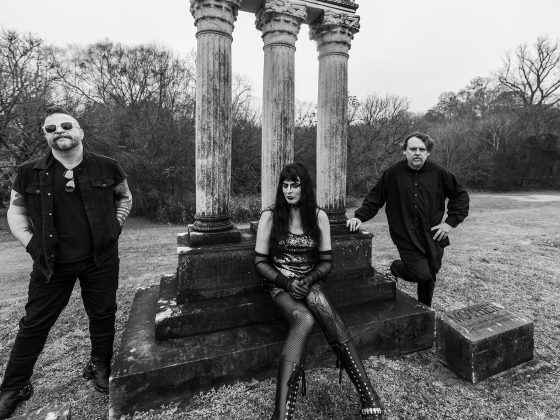In the natural world, ecdysis—the shedding of an old exoskeleton—is a critical rite of passage for the arthropod, allowing for growth beyond the confines of its previous form. This phenomenon, when viewed through the prism of human experience, becomes a potent metaphor for the ascent of consciousness. Just as the crustacean must relinquish its former carapace to embrace expansion, so too must the human spirit cast off the shackles of outdated beliefs and perceptions to ascend to new heights of awareness and understanding.
This process of continual self-renewal, of sloughing off the old to make way for the new, mirrors the journey of intellectual and emotional growth. It is a vivid illustration of the human capacity for transformation, suggesting that within the chrysalis of our existing selves lies the potential for a more enlightened state of being. Ecdysis, in this allegorical sense, speaks to the ever-evolving nature of consciousness, inviting a perpetual renaissance of thought that propels us toward a deeper connection with the essence of our humanity and the universe at large.
This process describes the extraordinary shift Zanias has made with the remarkable new LP Ecdysis, which casts off all language and sound structure, taking us through alternate dimensions with her universal light language. At once human and alien, Ecdysis lays claim to an entirely new electronic soundscape influenced by Dead Can Dance, Enya, and Fever Ray, with the operatic flourishes of Zola Jesus. Mirroring Liz Fraser’s ethereal grace. Zanias has always showcased a distinctive linguistic artistry, drawing words from encyclopedias of flora and fauna, mythology, anatomy, and foreign languages. This unique approach, previously seen in her projects Keluar and Linea Aspera, has now metamorphosized into the abstract rebirth that is Ecdysis. With no narrative, no words, one is left with their imagination to interpret this beautiful mystery in their own soul.
Here, Zanias’ vocal prowess transcends boundaries, effortlessly shifting across species and gender lines, embodying the unity of consciousness often found in profound psychedelic experiences. The recording atmosphere, heavily inspired by the lush Queensland rainforest in Australia, infuses the music with a sense of rich biodiversity, creating a backdrop that is as vibrant and diverse as the natural world itself. This environment played a pivotal role in the album’s genesis, turning the creative process into a profound catharsis.
Designed to mirror this therapeutic effect for its audience, the album is best experienced through headphones, immersed in complete darkness, where its intricate layers and textures can be fully appreciated in solitude.
Submerged in the aqueous embrace of the opening track Earthborn, one feels the serenity of water, where echoes form an underwater symphony, dolphin calls weave through the depths like threads of melody, and distant tribal drumbeats pulse against the liquid canvas, creating a harmonious blend that resonates with the soul’s most primal rhythms. In the haunting expanse of the Martian landscape, a profundity dominates Mars, broken only by ethereal echoes. These ghostly whispers meander through the desolation, casting an eerie yet beautiful spell over the untouched wilderness, highlighting the solitude and majestic mystery of the Red Planet. Euphoric intensity merges with frenetic drumbeats and celestial voices in Duneskipper, articulating a light language from afar, their harmonies pulsating with vibrant energy that transcends earthly bounds and envelops the senses in a cosmic embrace, evoking a sense of boundless connection.
The tempo changes with a hymn to the mighty Acacia, a sacred, ancient tree revered for its symbolic, practical, and ecological significance. The acacia embodies themes of life, death, and rebirth while serving important roles in human livelihood and natural ecosystems. Bloodwood pays homage to the dense, durable hardwood native to Australia, renowned for its striking deep red colour. Its significance extends beyond aesthetics, as bloodwood trees play a crucial role in their native Australian ecosystems.
Habenula pays homage to a small brain structure within the epithalamus, which plays a key role in regulating pain, stress responses, sleep cycles, and reward processing by modulating neurotransmitters like dopamine and serotonin. Its activation in response to negative stimuli makes it crucial in mood and motivation, implicating its function in psychiatric disorders such as depression. Zania’s interpretation of this tiny but might force serves as a poignant dialogue between Earth’s nurturing spirit and a solitary alien consciousness, their harmonies intertwining in a celestial dance, revealing the profound connection between the terrestrial and the cosmic, a symphony of interstellar empathy and terrestrial wisdom, echoing the universal longing for understanding and companionship.
Swim unfolds like a gentle caress to the soul with that strange feeling of murkiness and clarity pulsing through your brain, revealing a serene melody and tranquility that resonates with the heart’s deepest yearnings for peace, each note a whisper of calm, inviting the listener into a sanctuary of stillness. Finally, the title track, Ecdysis, emerges, taking us out of our exoskeletons and urging us to capture the transformation from constraint to liberation. Beginning with tight, dissonant tones, it gradually unfolds into expansive melodies, climaxing in a powerful release, then settles into a reflective, serene finale, mirroring the rebirth and renewal inherent in shedding one’s old self for the new.
Ecdysis is out today from Metropolis Records on limited edition vinyl and CD and through all digital streaming platforms.
Alison Lewis, previously associated with revered outfits such as Linea Aspera and Keluar, has etched her own path as a solo artist in the guise of Zanias. This unique solo project effortlessly merges the spectral vibrations of techno and EBM with an immersive emotive resonance. Her discourse has previously been enriched by esteemed collaborations with the likes of Black Rain, Ancient Methods, Dax J, and I Hate Models.
Zanias’s artistry is a quest for transcendence, delving into the rich world of human emotions and their significant role in our evolutionary heritage. Through her music, she investigates her psychological interests, highlighting the remarkable connections that music fosters among individuals. Her creations are more than mere compositions; they are a tribute to the intricate interplay of human experiences, brought to light through her exploration of sound and emotion.
Follow Zanias:
















 Or via:
Or via: